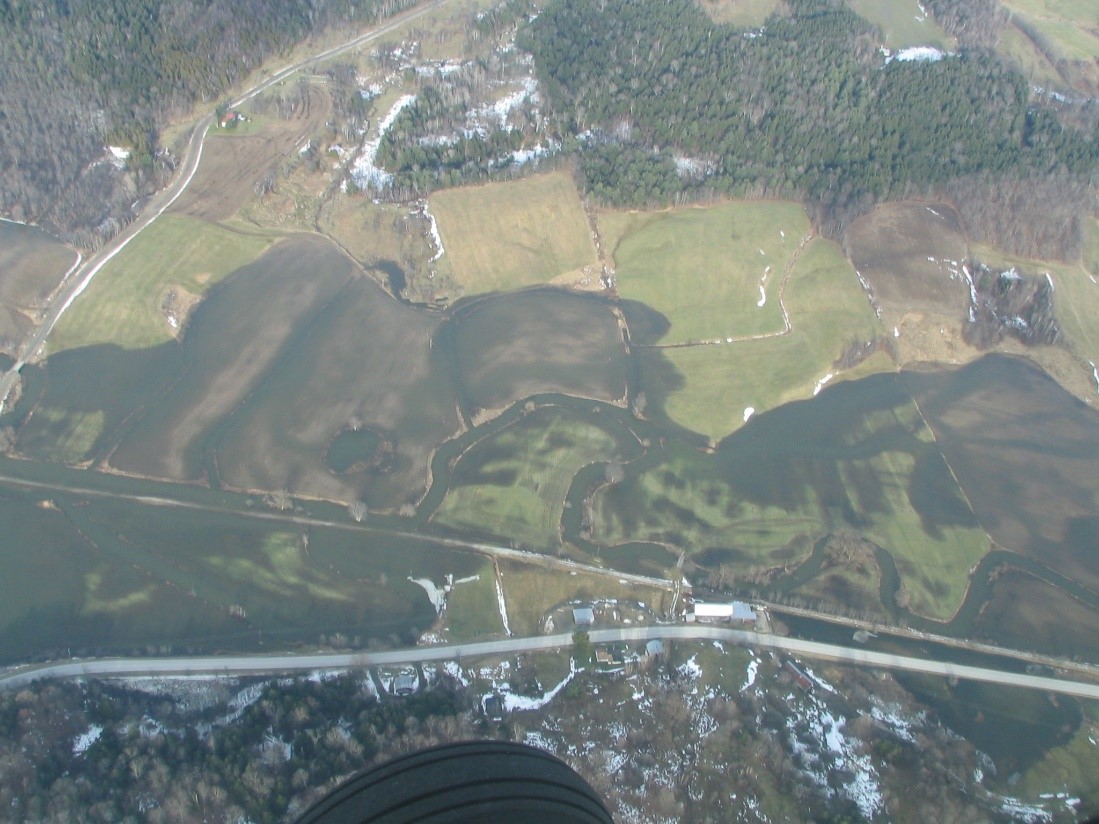
By Ryan Patch, VAAFM
While the winter manure spreading ban formally ends on April 1, 2018, there are additional requirements laid out in the Required Agricultural Practices (RAPs) that will affect manure management through the Spring months, especially in floodplains.
The RAPs state that manure cannot be applied to fields that are frozen or snow-covered, nor to fields that are saturated, likely to runoff, or are conducive to any other off-site movement, regardless of nutrient management plan recommendations.
Farmers concerned about storage capacity in their manure pits this winter are encouraged to call the Agency to discuss options available for managing, transferring, or developing emergency manure spreading exemption plans. The Agency is committed to working with farmers to find solutions. VAAFM has the following additional reminders for farmers this Spring:
- If you still have capacity in your manure pit, wait for the optimal weather and field conditions for spreading.
- If you do not have capacity in your pit, reach out to VAAFM to seek alternative solutions or an exemption.
- Do not spread manure on saturated ground that will runoff to surface water, or before major rain events.
- After spreading any nutrient (liquid or solid manure, compost, or fertilizer) be sure to keep accurate records of the manure or nutrients applied.
When evaluating fields over the coming weeks to assess appropriate manure spreading conditions, the most important question that farmers and manure applicators need to ask is: ‘When applied to this field, will manure runoff to surface water or a ditch?’ Individual conditions will vary significantly across the State, and farmers need to assess their fields carefully and take action to ensure that they are in compliance with the rules and are protecting our waterways.

